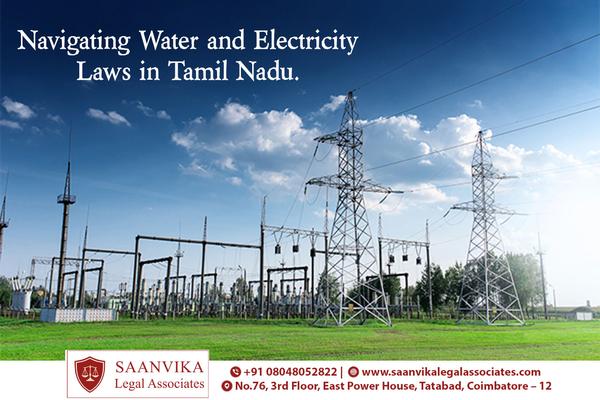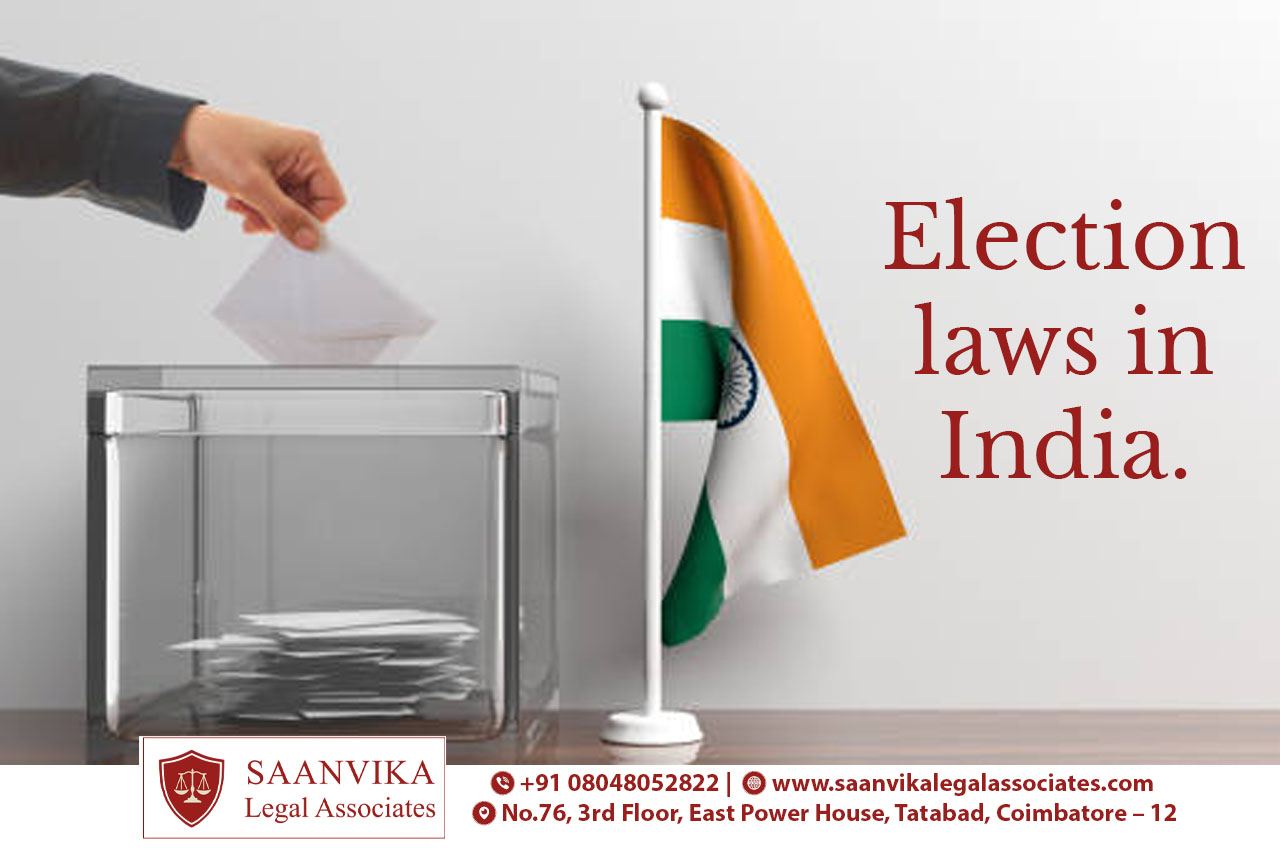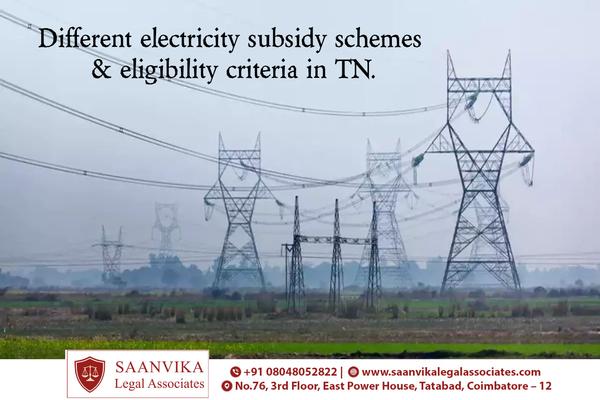
Election/ Election laws/ Election laws in India...

Election/ Election laws/ Election laws in India/ Best law firm in Coimbatore/ Best advocates in Coimbatore/Best law service in Coimbatore/ Best legal consultation in Coimbatore/ Best legal services in Coimbatore/ Best lawyers in Coimbatore/ Online legal consultation. Election laws in India are a set of rules, regulations, and procedures that govern the conduct of elections at various levels, ensuring a fair and transparent electoral process. These laws are established to uphold the principles of democracy and ensure that elections are conducted in a free and impartial manner. Here are some key aspects of election laws in India: The Constitution of India lays down the fundamental principles and framework for elections in the country. It provides for the establishment of Election Commission of India (ECI) as an autonomous body responsible for conducting elections. Representation of the People acts form the cornerstone of election laws in India. It specifically deals with the conduct of elections for the Lok Sabha and State Legislative Assemblies. Delimitation of Constituencies act provides the guidelines for the delimitation (redrawing) of constituencies for Lok Sabha and State Legislative Assemblies based on population changes. Conduct of Elections Rules prescribe the procedures to be followed during various stages of elections, including voter registration, nomination of candidates, polling, counting of votes, and result declaration. Election Symbols Order assigns symbols to political parties for use during elections. It ensures that parties with similar names are not confused by voters. People's Representation Act, deals with various aspects of election offenses, corrupt practices, and penalties for violations of election laws. The Model Code of Conduct is a set of guidelines issued by the ECI to ensure fair play and ethical conduct during election campaigns. It restricts activities that may unduly influence voters or disrupt the level playing field. Use of Electronic Voting Machines (EVMs) and VVPATs has introduced EVMs and Voter-Verified Paper Audit Trails (VVPATs) to enhance transparency and accuracy in the voting process. The Supreme Court of India has ruled that Aadhaar cannot be made mandatory for voter ID registration or voting. However, Aadhaar can still be linked voluntarily to voter records. Election laws specify various grounds on which a person can be disqualified from contesting elections, such as criminal convictions, bankruptcy, and holding an office of profit. The Registration of Political Parties Act, 1951, lays down the rules for the registration and functioning of political parties. You can get the law services of Saanvika Legal Associates like Trust deeds, Financial law, Insurance law, Environment, Consumer, Property, Banking Tax Cyber, Constitutions, Labor law, Civil, Criminal, Family, Property registration, Getting Doc, and many others. Additionally, you can get to know about Legal notice, documentation, Legal registration, Property organization, establishing companies, Family legal consultation, Civil legal consultant, Criminal legal consultant, and Litigation for finance property from our expert lawyers.
Keywords
Subscribe for latest offers & updates
We hate spam too.


